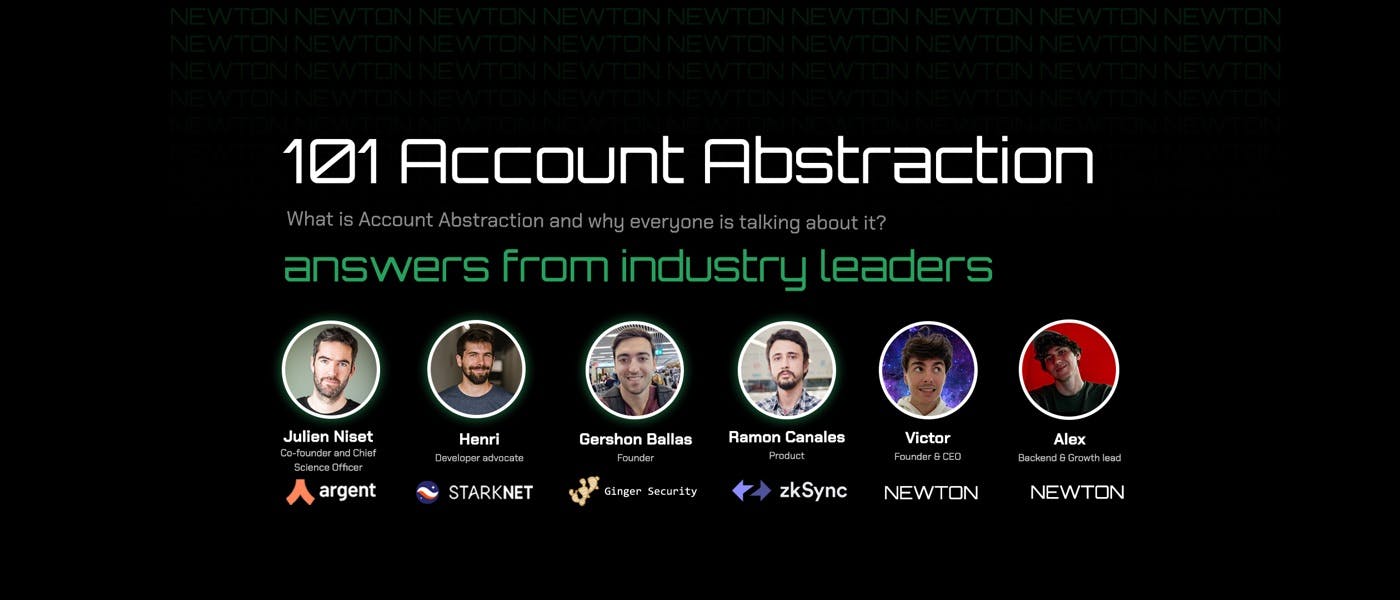34,352 reads
What is Account Abstraction and Why is Everyone Talking About It?
by
December 23rd, 2022
Audio Presented by

Backend Engineer, Growth Hacker, ex-CTO. Experienced in digital, food, data science. Disrupting the world with tech 🚀
About Author
Backend Engineer, Growth Hacker, ex-CTO. Experienced in digital, food, data science. Disrupting the world with tech 🚀
